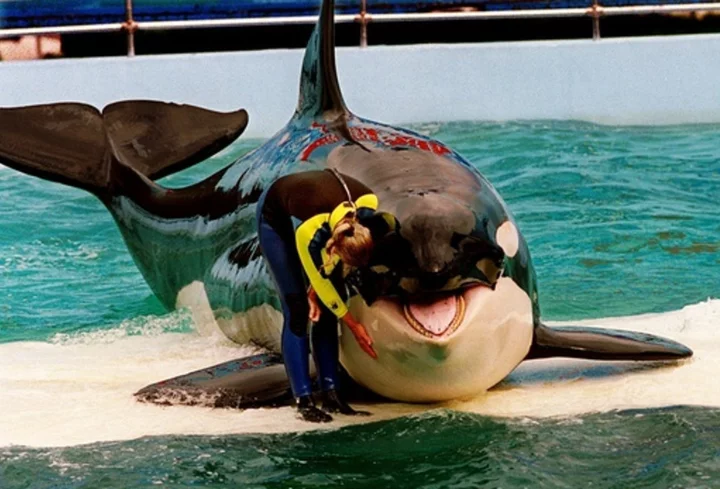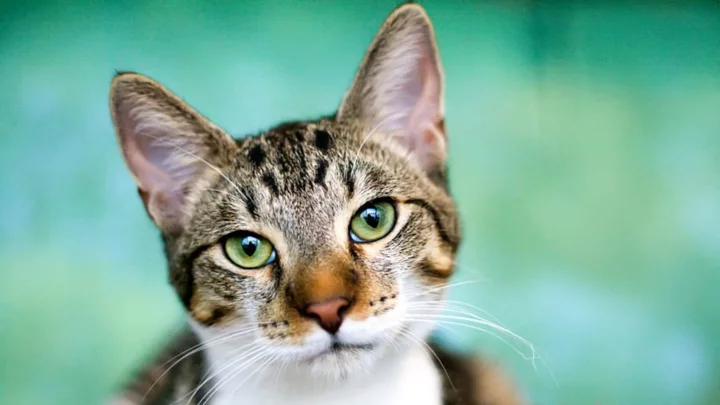MIAMI (AP) — Caregivers at a South Florida ocean park are taking steps to prepare Lolita, an orca whale held captive for more than a half-century, for a possible return to her home waters in Washington’s Puget Sound.
But the move isn’t a done deal, and veterinarians and trainers told WPLG in Miami this week that they’re working with Lolita to make sure she’s strong enough to survive the journey and to acclimate to her new home.
Animal rights activists have been fighting for years to have Lolita — also known as Tokitae, or Toki — freed from her tank at the Miami Seaquarium. The park's owner, The Dolphin Company, and the nonprofit Friends of Toki announced a plan in March to possibly move the 57-year-old orca to a natural sea pen, with the financial backing of Indianapolis Colts owner Jim Irsay.
Jessica Comolli, the director of the Miami Seaquarium’s animal health department, said Lolita is doing great. The orca has had two health scares since 2020 but has recovered.
Lolita retired from performing last spring as a condition of the park’s new exhibitor’s license with the U.S. Department of Agriculture. She’s not been publicly displayed since. The Dolphin Company CEO Eduardo Albor said they've invested more than $500,000 to improve Lolita's water quality after taking over the Seaquarium last year.
In recent months, new upgrades have been installed to better filter the pool and regulate her water temperature. New chillers can now get the temp down to mimic the waters of the Pacific Northwest, said trainer Michael Partica.
Federal and state regulators would still need to approve any plan to move Lolita, and that could take months or years. The 5,000-pound (2,267-kilogram) has been living for years in a tank that measures 80 feet by 35 feet (24 meters by 11 meters) and is 20 feet (6 meters) deep.









